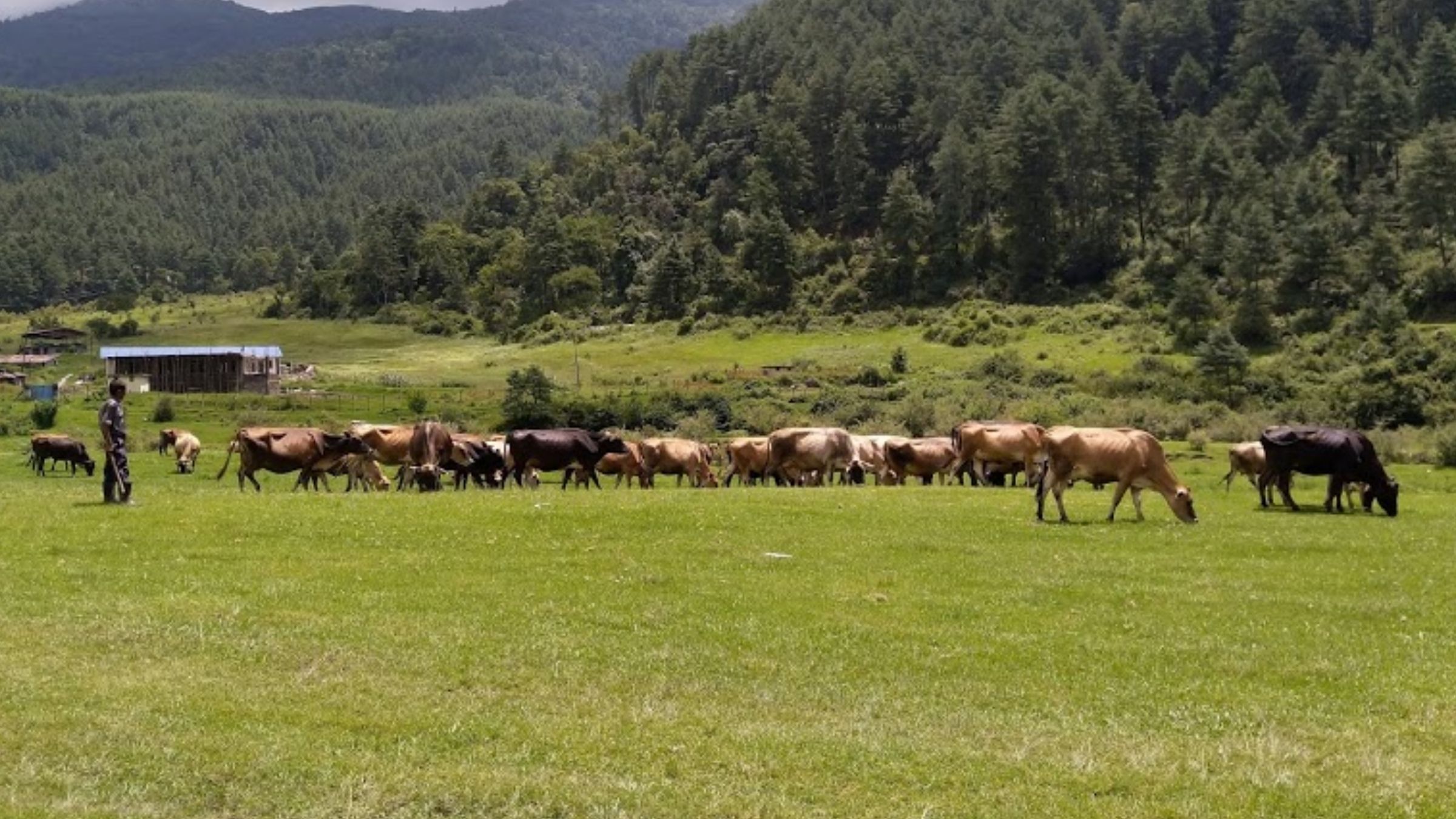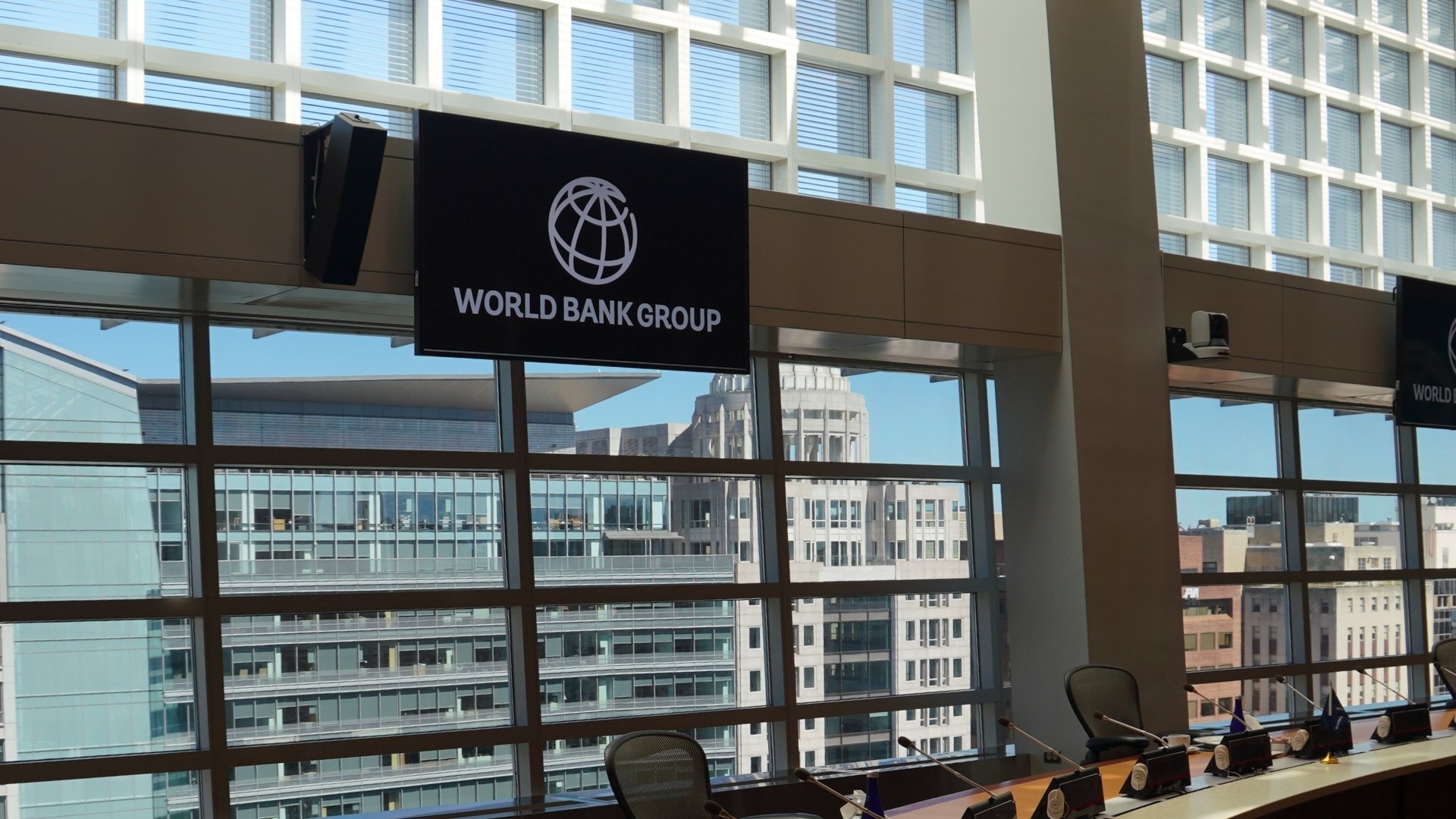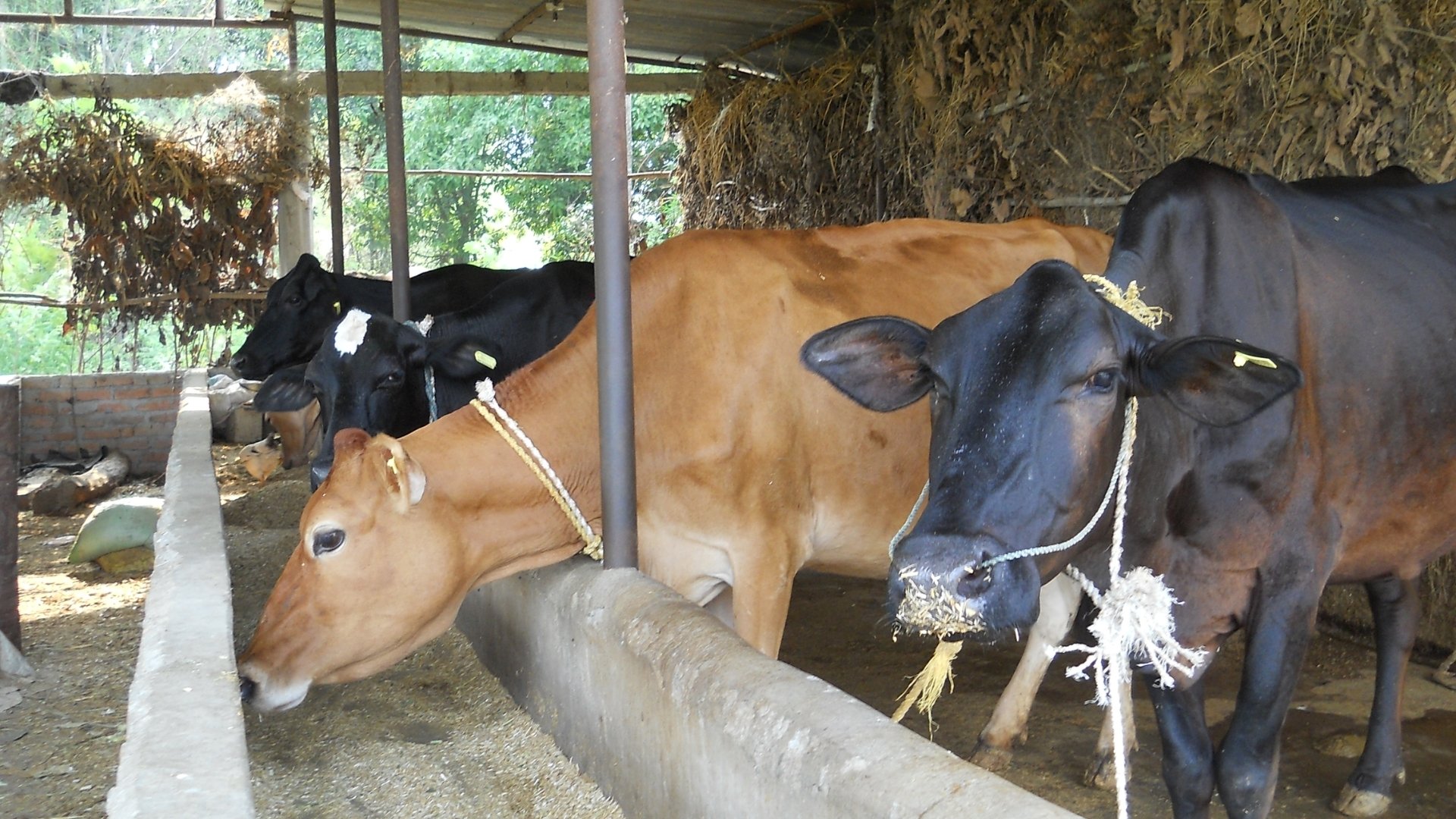Looking to embark on an entrepreneurial journey but don’t know if your industry falls under the definition of MSME (Micro, Small, and Medium enterprises):
Here is an explainer.
First, MSMEs have a huge impact on Nepal’s economy making substantial contributions to improving employment opportunities, innovation, and overall economic growth. You can say the resilience and entrepreneurial spirit of its Micro, Small, and Medium Enterprises has served as the backbone contributing to over 27% of the GDP and employing 2.74 million people, 69.3% of which are micro-enterprises, 25.2% small enterprises, and 5.5% medium-sized enterprises.
Now let’s see how these businesses are defined.
Micro enterprises first.
Micro enterprises are defined using four criteria:
- Capital investment — Fixed capital not exceeding NRs 2 million apart from land and buildings
- Employment — Employs not more than nine workers, is run by the proprietors themselves, works at the local level, and utilise local raw materials
- Annual turnover — Have an annual turnover of up to NRs 10 million
- Energy consumption — Consume less than 20 kilowatts of electrical power when they run at full capacity
When it comes to Small and Medium Enterprises, they are defined using the single criterion of capital investment:
Small industries are enterprises other than micro and cottage industries with fixed capital not exceeding NRs 150 million.
Medium industries are enterprises with fixed capital between NRs 150 million and NRs 500 million.
| Business Type / Criteria | Fixed Capital* | Employment | Turnover | Energy Consumption |
| Micro | Not more than 2 million | not more than nine workers | Up to NRs 10 million | less than 20 kilowatts |
| Small | not exceeding NRs 150 million | – | – | – |
| Medium | between NRs 150 million and NRs 500 million | – | – | – |
What is fixed capital?
Fixed Capital is the value of capital invested in physical/long-term assets i.e. factories, machinery, and vehicles, and does not include land and buildings.
The Industrial Enterprise Act, 2076 also includes the category of cottage industries for businesses.
Cottage industries are enterprises that:
- Employment: use local workers and raw materials, are engaged in traditional labour-intensive industries that reflect the country’s indigenous art and culture,
- Energy Consumption: consume less than 50 kilowatts of electrical power when they run at full capacity.














